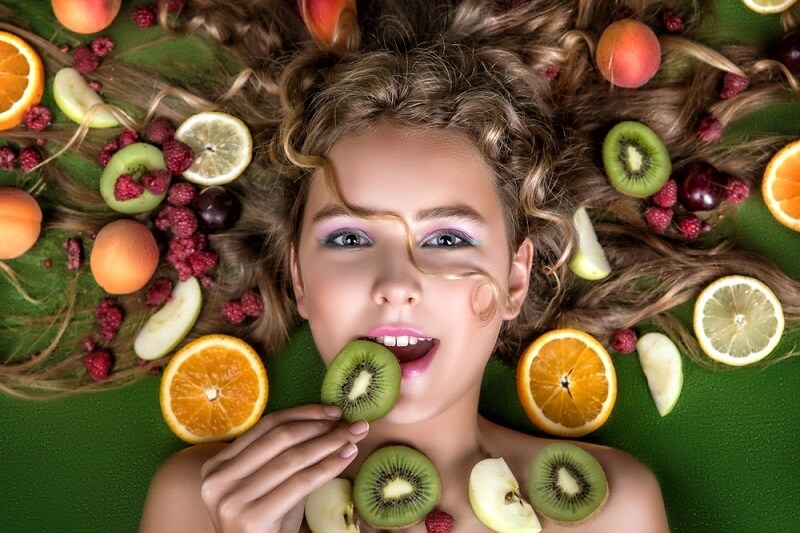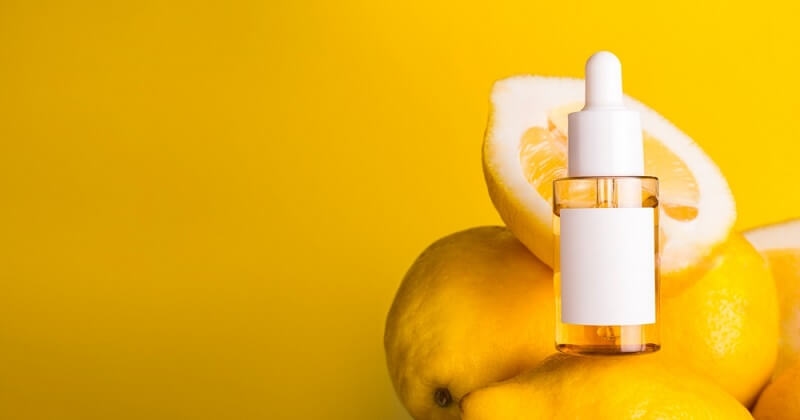
Glowing skin isn’t just about buying the most expensive cream or booking a spa facial. Those things help, sure, but they don’t get to the root of it. The truth is, skin reflects what’s happening inside your body. Skip sleep, load up on processed food, or forget to drink water, and your skin will tell on you. On the flip side, feed your body properly and it shows up as radiance.
Of course, in an ideal world, food alone would cover everything. Reality’s a bit messier. Busy schedules, quick meals, stress — they all create gaps. And that’s where skin nutrition supplements come into play. They don’t replace food, but they can support what your body already does naturally. Think of them as little helpers, nudging your skin toward its best version.
So, let’s break it down. Why does nutrition matter for skin? What kinds of supplements actually work? And how do you sort through the mountain of options without losing your mind?
Skin is more than a surface. It’s the body’s largest organ, a living, breathing shield. Like every organ, it depends on nutrients to repair, protect, and glow. Vitamins, minerals, amino acids, fatty acids — they all play a role in keeping that shield strong.
Miss out on enough of them, and the cracks show. Dullness, fine lines appearing earlier than expected, or breakouts that don’t heal as quickly. That’s why so many people are turning to supplements — to give their body a safety net for nutrition and skin health.
It’s not about quick fixes. It’s about topping up where your diet falls short, especially when “perfect meals” aren’t exactly happening every day.
Supplements used to be simple. A multivitamin in the morning, maybe some fish oil. Done. But now? Entire ranges are built around skin, each one promising smoother texture, hydration, or anti-aging benefits.
And while marketing can be over the top, some products genuinely deliver. Collagen powders that support elasticity. Omega-3s that calm redness. Antioxidants that protect against environmental stress. When paired with lifestyle habits like regular sleep, movement, and hydration, these supplements can actually move the needle.

You can’t talk skin without talking about vitamin C. It’s essential for collagen production and acts as a guard against free radicals — those pesky molecules from pollution and sun exposure that age skin faster. Pair it with plant-based ingredients, and you’ve got a powerhouse.
That’s why formulas combining skin nutritions botanicals vitamin c are so popular. Green tea, turmeric, aloe, grape seed extract — they soothe inflammation, boost protection, and give your skin that little extra support it needs to recover from daily stress.
Supplements with this mix don’t just chase glow. They strengthen the barrier, help skin bounce back, and reduce the damage you can’t see straight away.
Collagen is one of those buzzwords that actually deserves the hype. It’s the protein that keeps skin plump and firm. But production drops with age. By your late twenties, it’s already slowing. That’s when fine lines start sneaking in.
Collagen powders, drinks, and capsules aim to top up the supply. And when they’re taken consistently, some studies suggest they can improve hydration and elasticity. Add collagen to a routine that already includes other skin nutrition supplements, and you’ve got a solid base for supporting skin long-term.
Not all fats are villains. Omega-3s, for example, are heroes for your skin barrier. They help keep moisture in and irritants out. That means smoother texture, less redness, and fewer random dry patches.
If you’re not eating oily fish or seeds often, a supplement can step in. It’s one of those changes you don’t always notice overnight, but over time, skin feels softer, calmer, more resilient. Proof that “good fats are good for your face” isn’t just a catchy line.
Here’s something that surprises a lot of people: your gut and your skin are connected. An unhappy gut can show up as breakouts, rosacea, or dullness. Which is why probiotics aren’t just for digestion anymore — they’re turning up in skin nutritions ranges as well.
Balancing the gut microbiome with the right strains of probiotics can indirectly help clear skin and reduce flare-ups. It’s not magic, but it reinforces the idea that glowing skin is a full-body project, not just a surface one.
Further Reading: Minimalist Mexican Makeup: Nude Lips & Earth-Toned Eyes
Vitamins get the spotlight, but minerals quietly do a lot of the heavy lifting. Zinc helps with healing and reduces inflammation (which is why it’s often linked to acne support). Selenium protects against oxidative stress — damage caused by things like UV rays and pollution.
They’re not glamorous, but deficiencies can absolutely show up in the mirror. And unless your diet is perfectly balanced, adding these through supplements can make a difference.
A fair question: if you already take a multivitamin, do you really need skin-specific products? The answer is, sometimes. Multis provide a broad safety net, but they’re not tailored.
Skin-focused supplements bump up the amounts of nutrients like vitamin C, biotin, or vitamin E — the ones most directly linked to skin function. That’s why people often notice more visible results with these targeted formulas than with a standard multi.
Everyone wants a simple answer: what is the best vitamin for skin health? If only it were that easy. Vitamin C is crucial. Vitamin E is protective. Vitamin A supports renewal. But the real magic happens when they work together, alongside minerals and healthy fats.
Think of it like baking. Leave out sugar, and the cake doesn’t work. Skin is the same way. It thrives when nutrients combine in the right amounts, not when you lean on a single superstar.
Here’s the reality check. No supplement can undo five hours of sleep a night, constant stress, or a diet that’s 90% processed food. The basics still matter: water, whole foods, movement, rest, sunscreen.
Supplements are the extra layer, not the foundation. They’re puzzle pieces, not the whole picture. Once the basics are there, supplements help push results further — that’s why so many people swear by them.
Walk into a shop or scroll online and it’s overwhelming. Collagen here, probiotics there, vitamin mixes everywhere. So how do you choose?
Look for:
And always, always check with a doctor or nutritionist before starting something new, especially if you’re managing health conditions or already taking medication.
In Case You Missed It: Step-by-Step Simple Makeup Routine for Everyday Glam
By now, it’s clear that skin nutrition supplements can make a difference when used wisely. From collagen and omega-3s to skin nutritions botanicals vitamin c, the right mix supports your skin’s structure, barrier, and glow. Combined with probiotics, minerals, and antioxidants, they help cover the gaps modern life often creates.
But here’s the real secret: supplements aren’t about chasing perfection. They’re about helping your skin function the way it was meant to. Glow isn’t a filter or a quick fix. It’s the result of consistent support — inside and out.
So the next time you’re tempted by flashy promises, pause and ask: what is the best vitamin for skin health for me? Chances are, it won’t be just one. It’ll be a blend, supported by everyday habits, that gives your skin the best shot at looking vibrant and healthy for years to come.
This content was created by AI